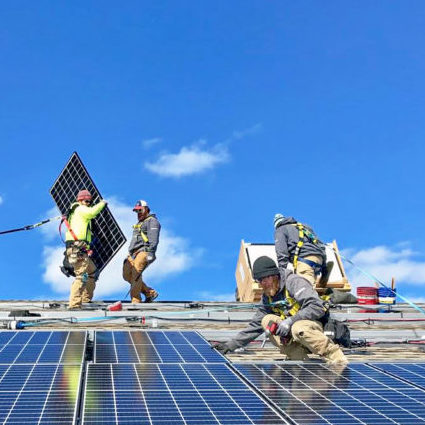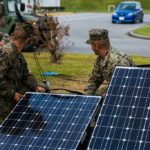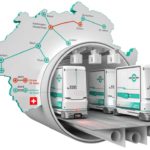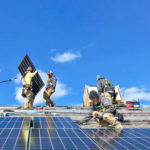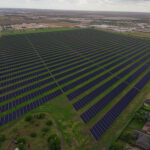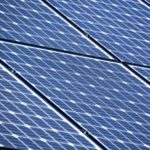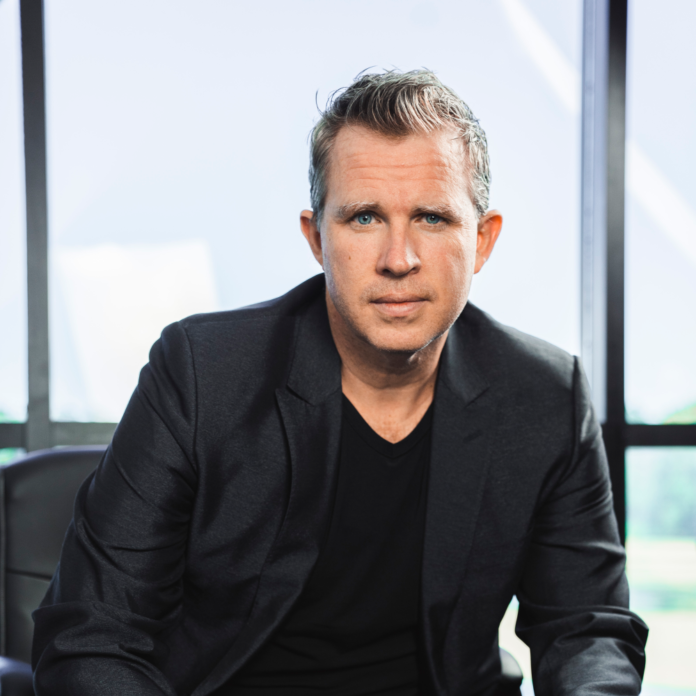Rational Cause for Optimism: The Bionic Leaf
Amidst the noise, haste, and chaos of modern life there are more positive developments for humanity than one might think. Everyone focuses on the disasters of the climate crisis, and while those do motivate our daily work, we also feel it’s important to highlight the hopeful – the very real innovations pushing our clean energy movement forward. The purpose of this new column on our blog is to explore noteworthy causes for optimism that we observe from ReVision Energy’s front row seat in the renewable energy arena.
The Bionic Leaf: Can We Create Effective Energy Storage ‘Fuels’ Without Carbon?
by co-founder Phil Coupe
 “The Stone Age did not end because the world ran out of stones, nor will the Oil Age end because we ran out of oil,” writes economist Thomas Friedman. Tectonic shifts in the energy sector have historically created enormous wealth and radical societal disruptions. When New England switched from whale oil to coal, and eventually petroleum, wealth shifted dramatically from seafarers to land lubbers, and oil lamps gave way to the vast electrical grid and its myriad appliances.
“The Stone Age did not end because the world ran out of stones, nor will the Oil Age end because we ran out of oil,” writes economist Thomas Friedman. Tectonic shifts in the energy sector have historically created enormous wealth and radical societal disruptions. When New England switched from whale oil to coal, and eventually petroleum, wealth shifted dramatically from seafarers to land lubbers, and oil lamps gave way to the vast electrical grid and its myriad appliances.
Today the renewable energy industry stands at a threshold similar to that of the oil industry in the early 1900s, on the cusp of one of the biggest infrastructure and wealth creation opportunities in world history. The development of fossil fuel power over a century ago was the most profound advancement in human history. Now, the Inflation Reduction Act is poised to unleash clean technology at an even greater scale.
Gaps in Renewable Energy Production

Photo Credit: Santa Monica Daily News
While modern wind, solar, hydro, and battery storage technologies are generally robust and reliable, it’s also true that most renewable energy is intermittent (with the exception of some hydropower facilities) and today’s batteries are not yet scalable to completely fill the gaps in wind and solar generation.
Batteries have limited capacity, which we see in the daily need to charge our cell phones and in the struggle to enable electric vehicles to mirror the range of internal combustion engines. The best batteries of today achieve roughly 25% of the energy storage capacity of fuels like gasoline and oil. That’s why we can’t rely on batteries to power an entire city when the grid goes down.
A Bionic Solution
To solve the storage problem at massive scale, Harvard University chemist Daniel Nocera has invented what he calls a “bionic leaf” that is more efficient than natural photosynthesis and can simultaneously generate energy fuel and storage. The leaf itself is a small man-made solar collector that uses sunlight to create oxygen and hydrogen, which can then be converted into fuels or fertilizers. Nocera says that storage must be scalable so that everyone can use it and powerful enough so that fossil fuels become unnecessary and thereby obsolete.
“If you think about it, photosynthesis is amazing,” Nocera tells the Harvard Gazette. “It takes sunlight, water, and air—and then look at a tree. That’s exactly what we did, but we do it significantly better, because we turn all that energy into a fuel.” According to Nocera, the bionic leaf is 10 times more efficient than photosynthesis. This is the equivalent of pulling 180 grams of carbon dioxide from the atmosphere per kilowatt-hour of electricity generated. By comparison, photosynthesis only pulls 18 grams of carbon dioxide per kilowatt-hour if we were to imagine biomass growth as electricity generation.

Daniel Norcera in his Harvard laboratory. Photo Credit: Mylan Cannon/The New York Times
Nocera envisions a world where everyone can use the bionic leaf to create and store the energy they need to power their homes, vehicles, etc., and farmers are able to create their own energy and fertilizers. He thinks this technology will be disruptive in developing countries by helping them largely avoid the expensive and polluting development of fossil fuel energy infrastructure. Harvard is currently funding a bionic leaf pilot program in India to test the technology and determine its scalability.
Utilizing just sunlight, water and air, Nocera believes it will be possible for humankind to eliminate the need for any type of fossil fuel through mass deployment of bionic gardens, “and you can do it in your own backyard” he said.
Original Source: https://www.revisionenergy.com/blogs/bionic-leaf/

